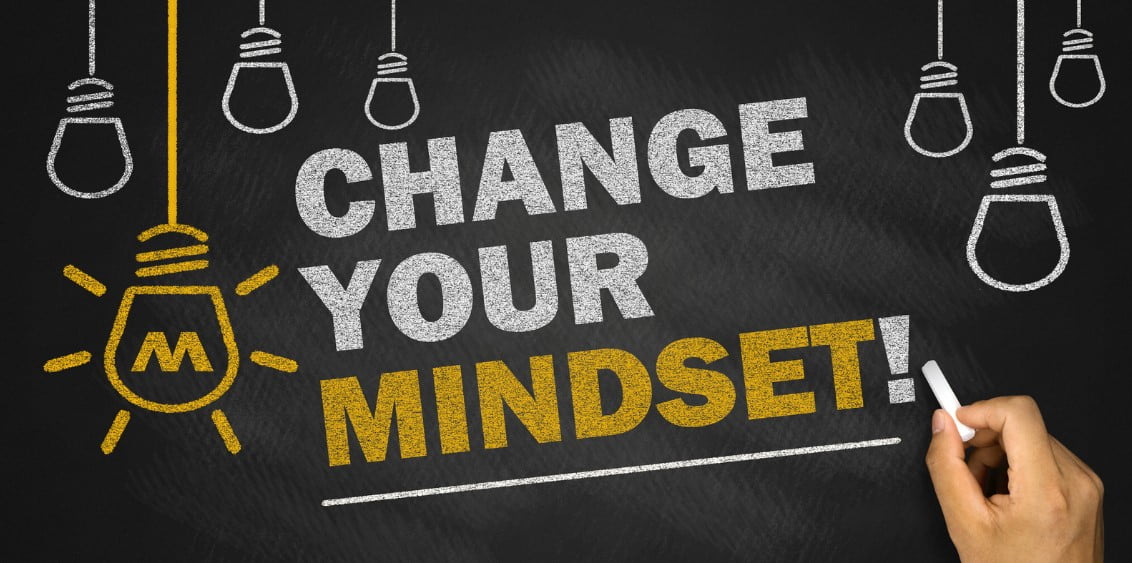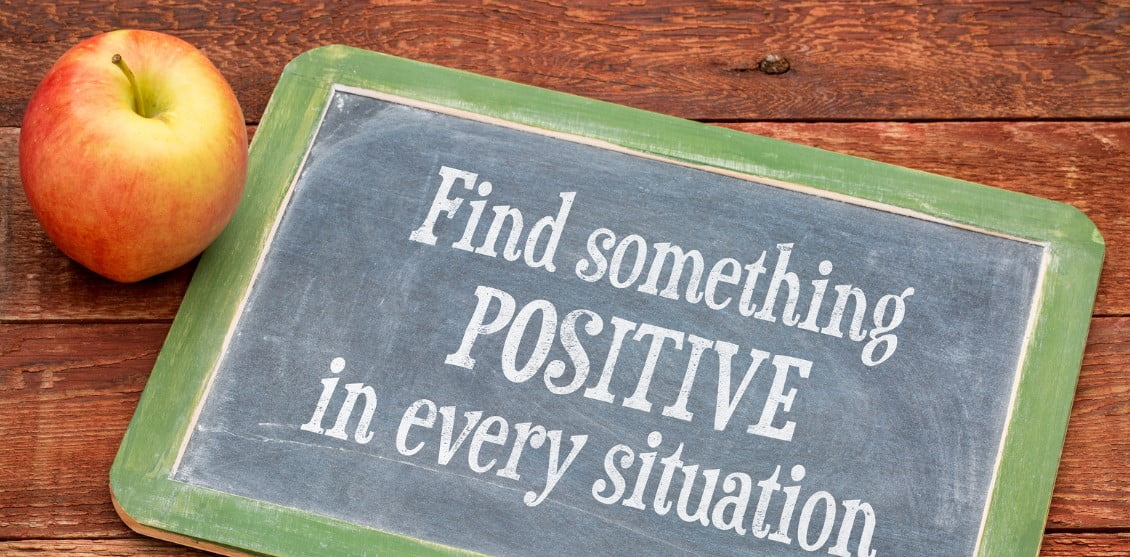Do you often feel like life’s circumstances are beyond your control, leaving you stuck and powerless? You’re not alone. Many people experience this helplessness, severely impacting their well-being and success. But what if I told you there are actionable strategies to break free from this mindset? This blog post explores seven powerful ways to overcome the victim mindset, transforming your life and empowering you to take charge of your destiny.
Imagine waking up each day with a renewed sense of purpose and confidence, ready to tackle any challenge that comes your way. Shifting your perspective and embracing a proactive approach can unlock your true potential and create a life filled with positivity and achievement. These strategies are not just theoretical; they are practical, easy-to-implement steps that have helped countless individuals reclaim their power and live more fulfilling lives.
Recognize the Victim Mindset

The first step is understanding and recognizing how to overcome the victim mindset. This mindset makes you feel bad things always happen to you, and you can do nothing about it. By identifying these thoughts, you can start to change them. Notice when you blame others for your problems or feel helpless.
Spot and Stop Negative Self-Talk
Negative self-talk is when you constantly criticize yourself. Common phrases include, “I can’t do anything right” or “This always happens to me.” Recognizing these thoughts is the first step to changing them. Please pay attention to your inner voice and how it affects your feelings. Challenge these negative thoughts and replace them with positive affirmations.
- Reflect on Your Thoughts: How often do you use negative self-talk daily?
- Transform Your Thinking: Start a journal to track negative thoughts and write positive affirmations to replace them.
Acknowledge Personal Responsibility to Overcome the Victim Mindset
Taking responsibility means understanding that while you can’t control everything, you can control your reactions. This shift in thinking can empower you. When faced with challenges, focus on what you can do rather than what you can’t. This proactive approach helps you feel more in control and less like a victim.
- Evaluate Your Reactions: Do you often blame others for your problems?
- Empower Yourself: List three actions you can take to address a current challenge in your life.
Reflect and Rebuild: Learn from Your Past
Looking back at past experiences can help you understand why you think the way you do. Maybe certain events made you feel powerless. By reflecting on these, you can see patterns and start to change them. Understanding the root causes of your mindset is essential for growth and change.

- Analyze Your Past: What past events have shaped your current mindset?
- Heal and Move Forward: Write a letter to your past self, forgiving mistakes and acknowledging lessons learned.
Adopt a Positive Mindset to Overcome the Victim Mindset
A growth mindset focuses on possibilities and learning from challenges. This type of thinking can transform your life. You open yourself to new opportunities when you believe you can improve and grow. Embracing challenges and seeing them as learning experiences is key. Setting small, achievable goals can build your confidence and motivation.
Turn Challenges into Opportunities
Seeing challenges as opportunities for growth can change how you handle difficulties. Instead of feeling defeated, you see a chance to learn something new. This mindset shift helps you tackle problems with a positive attitude. Viewing challenges positively makes you stronger and more resilient.
- Reframe Your Challenges: How do you usually react to challenges?
- Learn and Grow: Next time you face a challenge, write down three potential lessons you can learn from it.
Mistakes Are Stepping Stones
Mistakes are a natural part of life and learning. Instead of dwelling on failures, view them as stepping stones to success. Each mistake teaches you something valuable. Reflect on what went wrong and how you can improve. This approach helps you grow and avoid repeating the same errors.
- Assess Your Perceptions: How do you perceive mistakes in your life?
- Learn from Failures: Identify a recent mistake and outline the lessons learned from it.
Set and Achieve Realistic Goals to Overcome the Victim Mindset
Setting goals that you can realistically achieve is important. Start with small steps and gradually aim higher. Each success boosts your confidence and motivates you to keep going. Breaking down big goals into smaller tasks makes them less overwhelming. Celebrate your achievements, no matter how small.

- Goal-Setting Check: Are your current goals realistic and achievable?
- Plan Your Steps: Break down a big goal into smaller, manageable steps and set a timeline for each step.
Be Kind to Yourself
Being kind to yourself is crucial to overcome a victim mindset. Self-compassion means treating yourself with the same kindness you would offer a friend. Forgive yourself for past mistakes and understand that everyone makes them. Engage in positive self-talk and focus on your strengths and achievements.
Forgive Yourself to Overcome the Victim Mindset
Letting go of past mistakes is essential for moving forward to overcome the victim mindset. Forgive yourself for any errors, and understand that everyone makes them. Holding onto guilt and regret only holds you back. By forgiving yourself, you free yourself to grow and improve. This mindset allows you to focus on the present and future.
- Self-Forgiveness Inventory: Are there past mistakes you are still holding onto?
- Release and Heal: Write a forgiveness letter to yourself, acknowledging and releasing any guilt or regret.
Boost Confidence with Positive Affirmations
Positive affirmations are statements that boost your confidence and self-esteem. Replace negative thoughts with positive ones like “I am capable” or “I can handle this.” These affirmations can change your mindset and improve your outlook on life.
- Affirmation Practice: Do you use positive affirmations in your daily routine?
- Daily Positivity: Create a list of positive affirmations and repeat them every morning.
Prioritize Your Well-Being to Overcome the Victim Mindset
Taking care of yourself is vital for maintaining a positive mindset. Engage in activities that nurture your body and mind. Exercise, eat well, and get enough sleep. Self-care also includes doing things you enjoy, and that relax you. Prioritizing your well-being helps you stay strong and resilient to overcome the victim mindset.

- Well-Being Check: Are you prioritizing your physical and mental well-being?
- Self-Care Day: Plan a self-care day with activities that bring joy and relaxation.
Build Strength
Resilience is the ability to bounce back from setbacks. It helps you handle life’s challenges with strength and optimism to overcome the victim mindset. Developing resilience involves learning healthy coping strategies and maintaining a support network.
Master Coping Strategies
Healthy coping strategies are essential for managing stress and adversity. Techniques like meditation, journaling, or talking to a friend can help. Find what works best for you and practice it regularly. These strategies help you stay calm and focused during tough times.
- Coping Strategies Review: What are your current coping strategies for stress?
- Try Something New: Try a new coping strategy for one week, such as meditation or journaling.
Solution-Oriented Thinking to Overcome the Victim Mindset
When faced with problems, focus on finding solutions instead of dwelling on the issues. This proactive approach empowers you to take action. Identify the steps you can take to resolve the problem. Breaking down the problem into manageable parts makes it less overwhelming.
- Problem-Solving Approach: Do you tend to focus on problems or solutions?
- Find Your Solutions: For your next problem, describe three possible solutions and the steps to implement them.
Surround yourself with positive, supportive people. Their encouragement can help you stay resilient during tough times. A strong support network provides emotional and practical support. Don’t be afraid to contact friends and family when you need help.
- Support Network Check: Do you have a strong support network you can rely on?
- Reach Out: Reach out to a friend or family member for support and share your struggles.
Reframe Situations Positively

Changing how you perceive situations can significantly impact your mindset. Reframing your perspective involves looking at situations more positively and constructively. Challenge negative thoughts and replace them with positive ones.
Challenge and Change Negative Thoughts
When negative thoughts arise, challenge their validity. Ask yourself if they are based on facts or assumptions. Replacing negative thoughts with positive ones can change your mindset. This practice helps you maintain a more optimistic outlook on life.
- Thought Challenge: How often do you challenge your negative thoughts?
- Positive Shift: Each time a negative thought arises, counter it with a positive affirmation.
Cultivate Gratitude Daily
To overcome the victim mindset, regularly remind yourself of what you are grateful for. This simple practice can shift your focus from what’s lacking to what you have. Keeping a gratitude journal can help you stay positive. Reflect on the good things in your life daily.
- Gratitude Practice: Do you practice gratitude regularly?
- Daily Reflection: Start a gratitude journal and write down three things you are grateful for daily.
Visualize Your Success to Overcome the Victim Mindset
Imagining achieving your goals and the positive feelings to overcome the victim mindset that comes with it can boost your motivation. Visualization helps you stay focused on your objectives. Picture yourself succeeding and overcoming challenges. This mental exercise can enhance your confidence and determination.
- Success Visualization: Do you visualize your success regularly?
- Picture Your Future: Spend a few minutes each day visualizing your success and the steps to achieve it.
Take Control: Be Proactive
Taking action is a powerful way to overcome a victim mindset. Proactive steps give you a sense of control and purpose. Create a clear plan for achieving your goals. Start with small, manageable actions and gradually aim higher.

Plan Your Path to Success to Overcome the Victim Mindset
Outline a clear plan for achieving your goals. This will give you direction and purpose. Break down your objectives into smaller, manageable steps. Having a plan will help you stay organized and focused.
- Success Roadmap: Do you have a clear plan for your goals?
- Step-by-Step Plan: Outline and break your goals into smaller, achievable steps.
Small Steps, Big Changes
to overcome the victim mindset. Begin with small, manageable actions. Each step forward, no matter how small, builds momentum. Starting small makes larger goals less overwhelming. Celebrate each small achievement to stay motivated.
- Incremental Progress: Do you take small steps toward your goals?
- First Step: Identify a small step to achieve a goal today.
Celebrate Every Milestone
Acknowledge and celebrate your achievements to overcome the victim mindset, no matter how minor they seem. This positive reinforcement encourages continued progress. Recognizing your successes helps build confidence and motivation.
- Milestone Celebration: Do you celebrate your achievements?
- Reward Yourself: Celebrate your next achievement with a small reward or share it with someone close.
Professional Help to Overcome the Victim Mindset
Sometimes, to overcome a victim mindset requires professional support. Therapists and counsellors can provide tools and strategies tailored to your needs. Joining support groups offers a sense of community and shared experiences. Engaging in self-help books, courses, or workshops can foster growth and empowerment.
Consider Therapy for Personalized Guidance
Therapy can be a valuable resource to overcome a victim mindset. A therapist can provide personalized strategies and support. Professional guidance can help you address deep-seated issues and develop healthier coping mechanisms.

- Therapy Exploration: Have you considered seeking professional help for your mindset?
- Professional Support: Research and contact a therapist to discuss your needs.
Find Community in Support Groups
Support groups offer a sense of community and shared experiences. They provide a safe space to discuss your struggles and receive encouragement. Being part of a group can help you feel less isolated and more understood.
- Community Support: Are you part of any support groups?
- Join a Group: Join a support group related to your specific struggles.
Keep Growing with Self-Help Resources
To overcome the victim mindset, engage in self-help books, courses, or workshops. Continuous learning fosters growth and empowerment, and these resources can provide valuable insights and tools.
- Self-Help Utilization: Do you use self-help resources regularly?
- Start Learning: Identify a self-help book or course to start this week.
Conclusion
- You can reclaim control over your life by recognizing and overcoming the victim mindset, adopting a growth mentality, practising self-compassion, building resilience, reframing perspectives, taking proactive steps, and seeking professional support.
- Remember, you can change your mindset and create a more fulfilling, empowered life.
- Take action today and start your journey toward a brighter future.

One Reply to “7 Powerful Ways to Overcome the Victim Mindset”